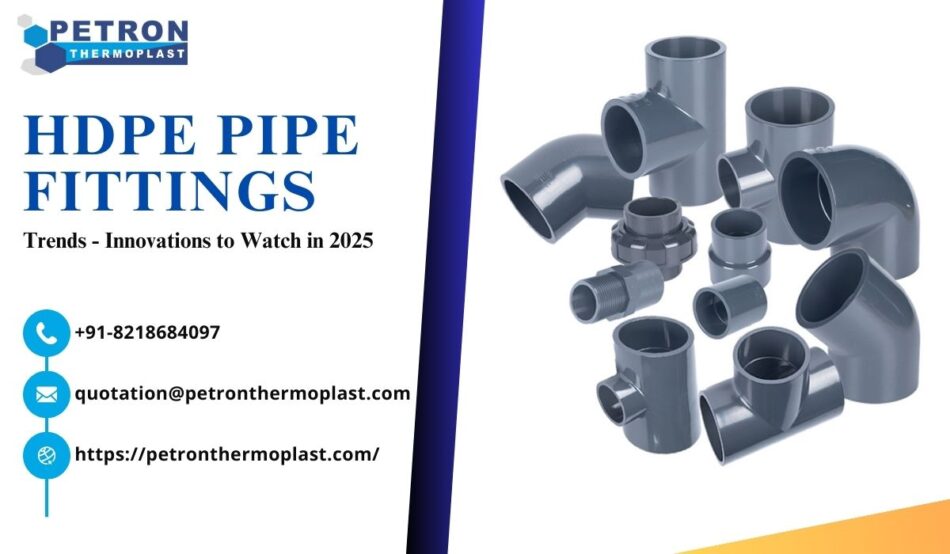What is UPVC?
UPVC (Unplasticized Polyvinyl Chloride) is a type of plastic that is rigid, non-flexible, and free from plasticizers (chemicals added to make plastic flexible). Unlike regular PVC, UPVC retains its hard, durable nature, making it especially useful for high-pressure and high-stress applications. Its chemical resistance, high tensile strength, non-toxicity, and cost-effectiveness make UPVC an ideal material for a range of industrial piping systems.Key Reasons for UPVC’s Popularity in the Chemical Industry
1. Exceptional Chemical Resistance The chemical industry deals with a wide range of aggressive substances like acids, alkalis, and solvents. UPVC pipes offer outstanding resistance to chemical corrosion, making them perfect for handling:- Hydrochloric acid
- Nitric acid
- Sodium hydroxide
- Chlorine solutions
- Sulphuric acid (in low to moderate concentrations)
- Smooth fluid flow over time
- Lower maintenance requirements
- Consistent pressure and volume
- Process water distribution
- Wastewater lines
- Diluted acid and alkali transfer
- Potable water
- Food-grade chemicals
- Sensitive laboratory operations
- Simplifies transportation and handling
- Reduces installation time and labor costs
- Eliminates the need for heavy lifting equipment
- Abrasion
- UV exposure (with protective coatings)
- Biological attack
- Budget-conscious infrastructure projects
- Expansion of existing chemical lines
- Temporary setups and pilot plants
- Chemical process piping
- Effluent and waste discharge
- Acid/alkali drainage systems
- Cooling water lines
- Dosing and metering setups
UPVC Pipe vs Other Materials in the Chemical Industry
| Feature | UPVC Pipe | Steel Pipe | HDPE Pipe |
| Chemical Resistance | Excellent | Moderate (can corrode) | Good |
| Installation Cost | Low | High | Medium |
| Maintenance | Minimal | High (corrosion, leaks) | Minimal |
| Lifespan in Chemical Use | 30–50 years | 10–25 years | 20–30 years |
| Thermal Conductivity | Low (energy efficient) | High (requires insulation) | Low |
- 100% recyclability
- Energy-efficient production
- No leaching of harmful substances
Choosing the Right UPVC Pipe for Chemical Use
When selecting UPVC pipes for chemical industry applications, consider the following factors:- Chemical compatibility: Check the resistance chart for your specific chemicals.
- Pressure and temperature ratings: Match the pipe specs to the application.
- Jointing method: Solvent welding, flanged joints, or threaded connections depending on use case.
- Certifications: Look for IS, ASTM, or DIN certifications relevant to your industry.
Final Thoughts
UPVC pipes have become a go-to solution for the chemical industry—and for good reason. Their resistance to harsh chemicals, corrosion, and wear makes them ideal for environments where performance, safety, and cost matter most. Lightweight, durable, and easy to maintain, UPVC pipe systems contribute to streamlined operations, fewer disruptions, and long-term savings. As the demand for reliable industrial piping continues to grow, so does the relevance of UPVC in the chemical sector. Whether you are building a new facility or upgrading your process lines, UPVC pipe fittings and systems offer a future-proof investment. Looking for premium quality UPVC pipe fittings for your chemical plant? Contact Petron Thermoplast – your trusted supplier for industrial-grade plastic piping solutions engineered to withstand the toughest conditions.Article Categories:
Business








